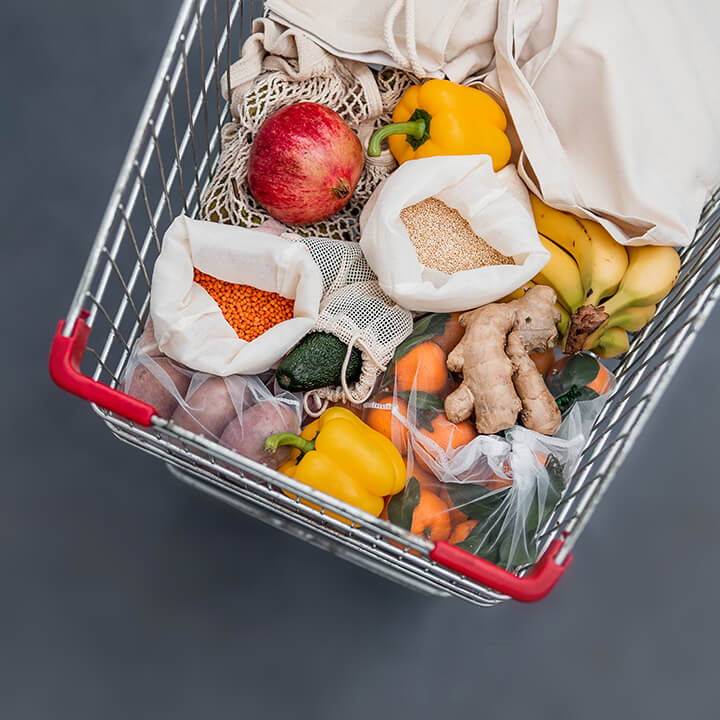FSA to issue new advice on precautionary allergen labelling
23rd May 2023
The Food Standards Agency (FSA) is seeking views from businesses and consumers on new advice for how and when to apply precautionary allergen labelling, commonly seen as ‘may contain’ warnings on food packaging.

This follows on from an initial consultation carried out by the FSA in December 2021. Current labelling legislation requires that food products should indicate the presence of any of the 14 main allergens used as an ingredient or processing aid. However, in cases where there is a risk of unintentional allergen cross-contamination (for example where multiple foods are prepared in the same kitchen), and the food business has established the risk cannot be sufficiently controlled, it is best practice for a precautionary allergen label (PAL) statement to be used to communicate this risk.
Under the proposed new advice, food businesses will need to specify which of the 14 major allergens their precautionary allergen labelling refers to. For example, the current generic statement ‘may contain nuts’ would become ‘may contain tree nuts’ or ‘may contain peanuts’ (the latter two are allergens in the FSA’s list, there is no generic ‘nuts’ allergen). The FSA is recommending that PAL should only be applied to packaging following a risk assessment, to ensure consumer safety and choice are not unnecessarily affected.
Views are also being sought by the FSA on new guidance that PAL should not be applied for the same allergen that products are also claiming to be ‘free-from’. This would mean that a product labelled ‘gluten free’, for instance, should not be labelled with a ‘may contain gluten’ statement.
Finally, the updated guidance also advises businesses not to use ‘No Gluten Containing Ingredients Statements’, such as ‘this menu has been designed for a non-gluten diet’. The FSA recommends that only the phrases ‘gluten free’ or ‘low gluten’ be used.
Contact our Food and Drink team to find out more.




